During a multi-phase Specialist project from May to September 2019, Dr. Asli Hassan conducted a needs analysis and subsequently designed the curriculum for Mexico’s first diploma course on Socio-Environmental Management in the Hydrocarbons Sector. She then trained teachers in Tabasco and Veracruz on how to deliver the course and materials. In June 2020, both in response to COVID-19 and in light of the success of the course, she developed an E-learning version of the teacher training component for the state of Tamaulipas.
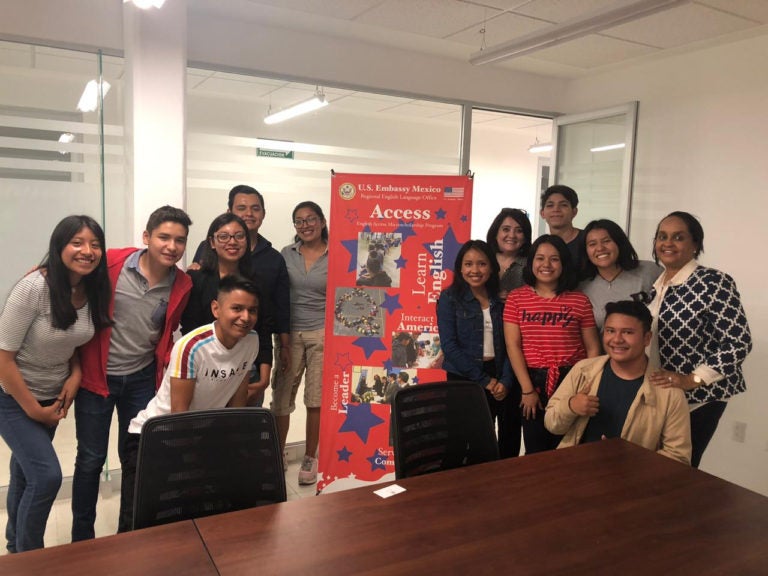
Hassan began her journey in curriculum and materials design in the oil industry when she joined the Petroleum Institute in Abu Dhabi, the United Arab Emirates (UAE) fourteen years ago. She had been teaching ESL in West Virginia and Maryland with textbooks for fifteen years and had just completed the coursework of her PhD when Hassan realized she was ready for a new challenge. She decided to move to Abu Dhabi to teach English using curricula with authentic materials from scratch with her engineering students. Fast forward to 2019: When she was selected for her Specialist project, Hassan was thrilled to share her energy sector expertise with new colleagues and expand her international perspective to include Mexico, a country she knew little about. “The exposure I received from being a Specialist in Mexico was unlimited,” she recalled. From presenting at the National Conference of Bilingual, International, and Sustainable Universities to meeting teachers, students, Access alumni, and other stakeholders from the public and private sectors, she dove into the energy sector in Mexico. As a result, she was able to incorporate highly contextualized materials and practical skills into the new curriculum, with the underlying goal of empowering university students to find systematic and sustainable solutions to environmental issues in the energy sector.
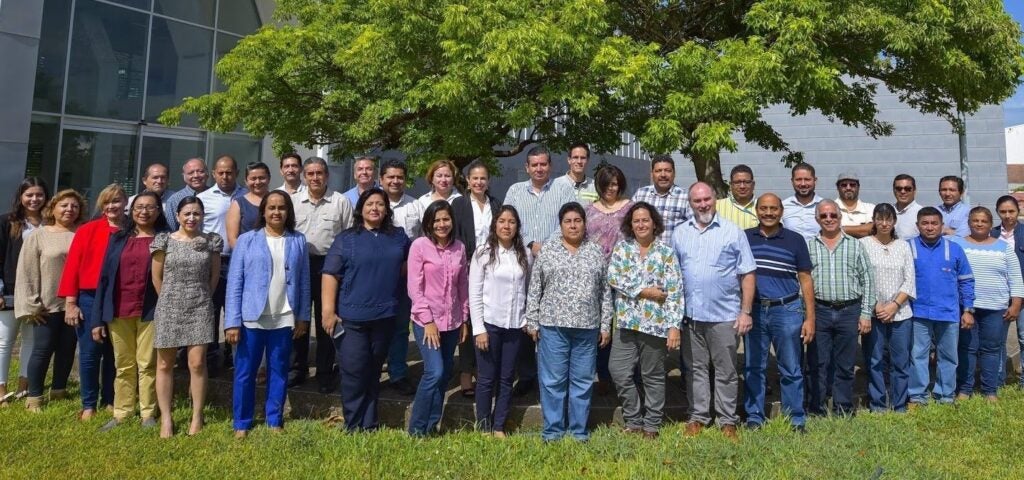
She focused on skills that developed innovation, entrepreneurship, and creativity in Mexican students. For example, she included scenarios that encouraged students to gather local data or bring authentic materials to find solutions to local issues. One of Hassan’s favorite aspects of the project was to embrace new challenges. She shared that “the focus of a Specialist project is to provide access. We want to reach out to as many people as we can. As a Specialist, I had to be flexible, to be open to being uncomfortable.” Case in point, when she arrived in Veracruz, she realized that the level of English proficiency of the trainees varied so greatly that she wouldn’t be able to complete the training effectively without a translator to assist. Fortunately, one of the stakeholders of the project, Tenaris Tamsa, was able to provide her with a simultaneous interpreter on the spot.
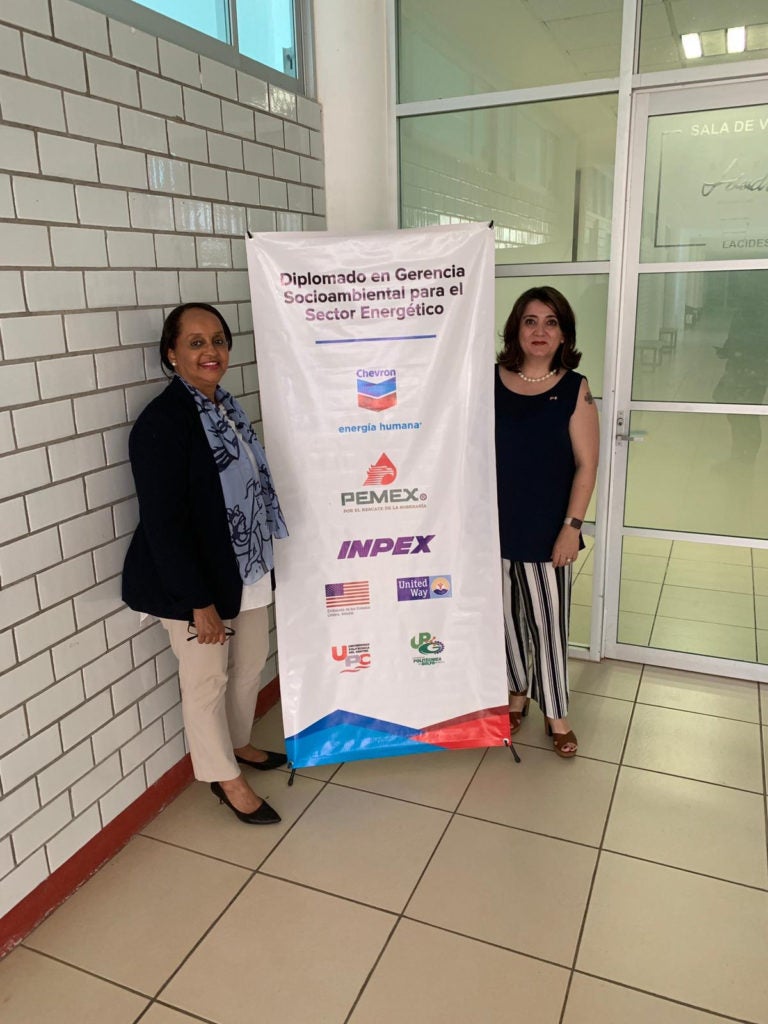
Developing a full course and turning it into a hybrid
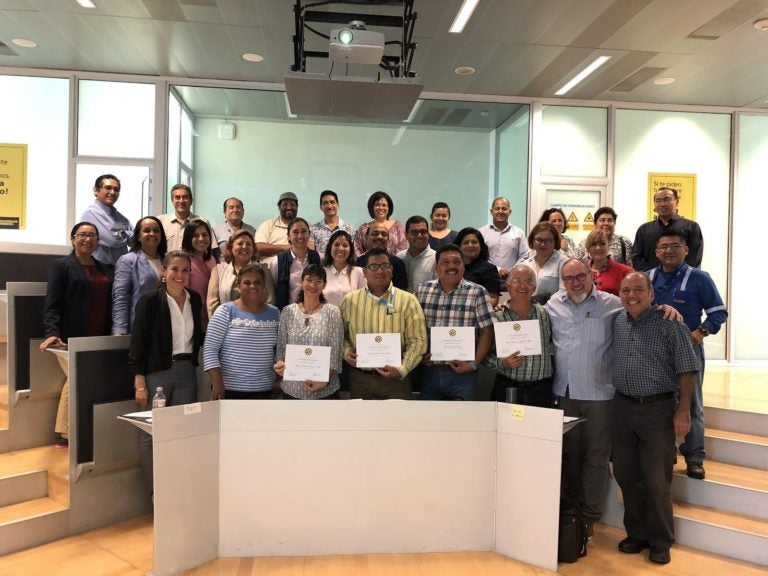
For Hassan, a unique aspect of this Specialist project was that she not only accompanied the course from design to implementation in two Mexican states but also had the opportunity to expand its reach by making it a hybrid course in a third state. “I was grateful I did this project in 2019 and could see its outcomes and benefits, and how it directly affected the students,” she said. Then, an unexpected opportunity came in June 2020 when she was offered to adapt the course to a virtual learning environment. She was ready to take on the new challenge of turning this brand new course into a hybrid and offering virtual English for the Oil Industry training for teachers from nine public universities of Tamaulipas state. Because she had built a strong understanding of the culture from her previous visits, Hassan was able to bond in a special way with teachers during this virtual phase. The teachers she trained felt immediately comfortable sharing the challenges they were facing during the pandemic, such as connectivity and engagement issues among students. “Since we were all working from home, we were able to empathize and support one another.” Hassan was honored to nurture these relationships and even accepted an invitation to present at the virtual MEXTESOL conference of the Tamaulipas chapter after the project was over.
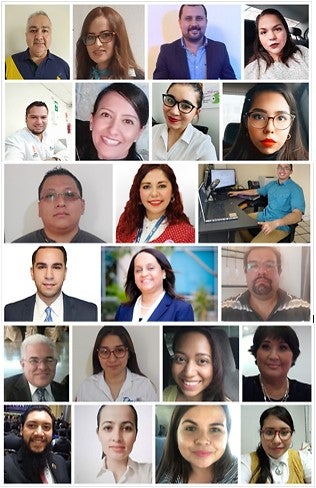
Connecting people and bridging cultures
The multi-phased aspect of her project allowed Hassan to connect with various regions and people of Mexico over time. Going to the heartland of the country, she realized how huge and diverse Mexico was, and she witnessed the strong family values that Mexicans hold dear. She cherishes the relationships based on trust and respect that she developed during her project. Everywhere she went, from Tabasco to Veracruz to Tamaulipas, she was received with open arms. A few days after discussing local sustainability, a teacher gave her some of the best coffee she ever tasted, explaining that it grew on his grandfather’s farm. She fondly remembers her driver offering to store her teaching materials at his mother’s home for three months between the first two phases of her project.
Not only did Hassan learn about Mexican values and regional cultures through her project, but she also played a part in creating bridges between her Mexican and Emirati colleagues and students because she had been sharing her experiences of living and working in the UAE. Her role as an English Language Specialist in Mexico for the U.S. Department of State also brought international recognition to her university in the UAE which served as a positive contribution to its current institutional outreach goals.
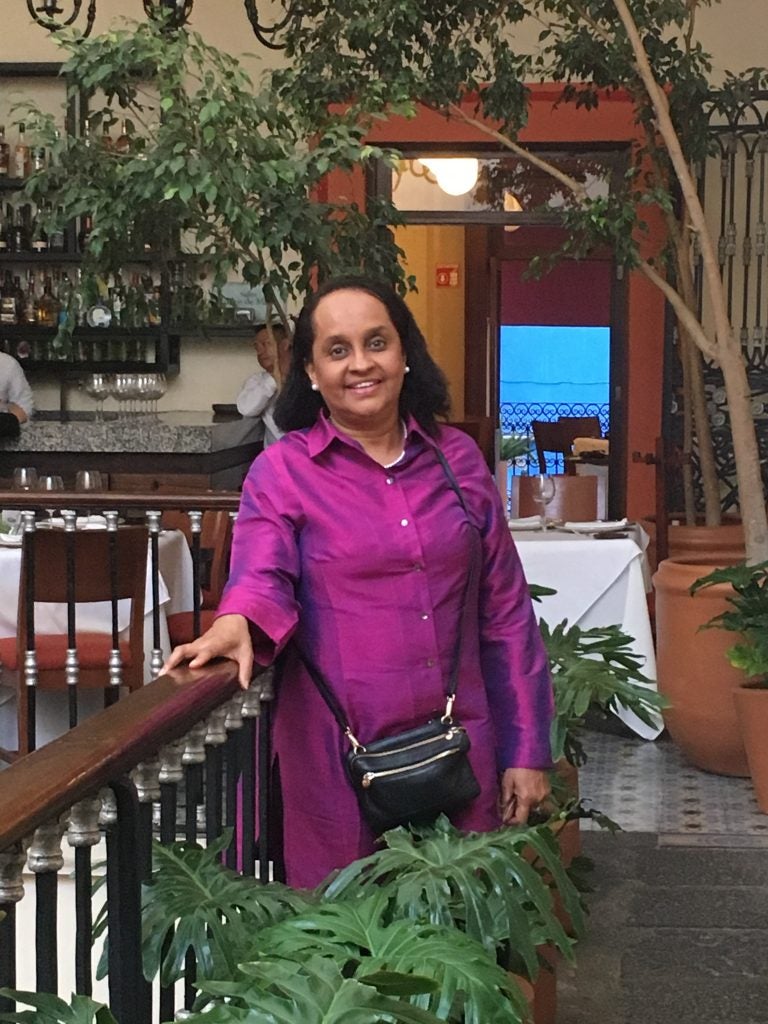
Dr. Hassan is currently the Director of the Center for Teaching and Learning at Khalifa University in Abu Dhabi, United Arab Emirates. She holds a PhD in Language, Literacy, and Culture from the University of Maryland Baltimore County and an M.A. in TESOL and Bilingual Education from the University of Findlay, Ohio. She has served as an English Language Specialist in the West Bank (2013, 2014) and Mexico (2019, 2020). She has extensive expertise in the field of curriculum development, designing, implementing, and evaluating professional development programs in schools and universities around the world. In the last few years, she has published a number of papers on her main research interests: the development of higher-order thinking skills among engineering students, students’ learning styles, and ways to develop academic success among college students.
